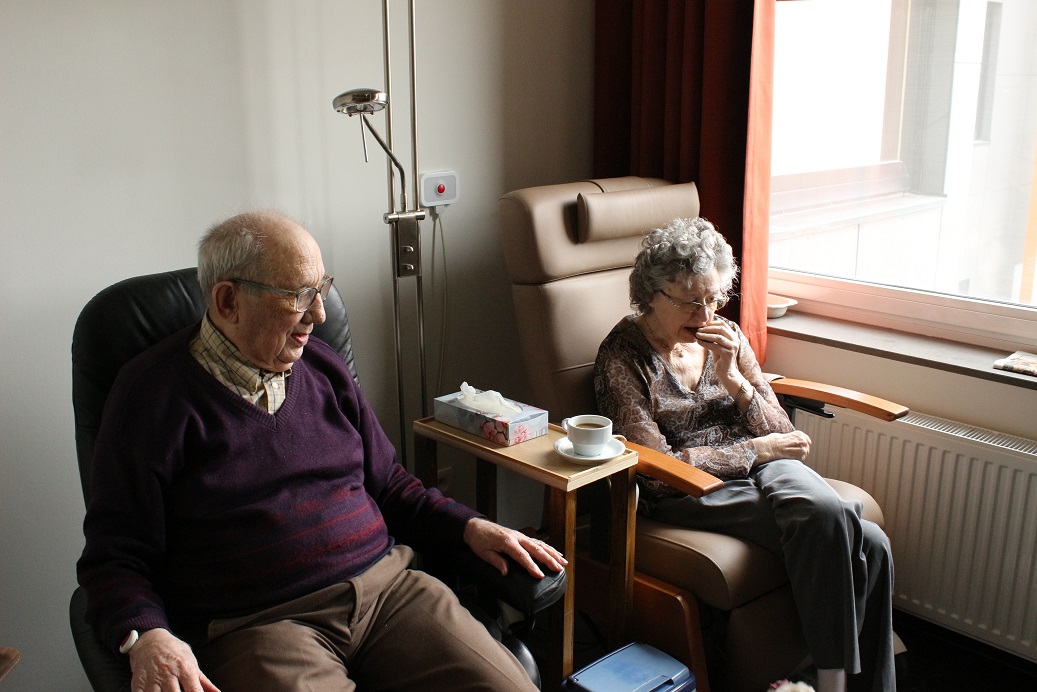
The Caring Futures Institute is calling for informal and professional carers of people living with dementia to help test a new online dementia education and skill training program for carers.
A project team led by Professor Lily Xiao at the Caring Futures Institute is working with stakeholders to adapt the World Health Organization’s iSupport for Dementia in an Australian socio-cultural context.
Professor Xiao said it’s essential that the Australian version of iSupport works in practice for carers, and including consumers in the project from the beginning was the best way to do this.
“In phase one of our project, we conducted focus groups with informal carers and staff who provide dementia and community aged care services to people with dementia,” Professor Xiao said.
“Using the results from phase one, the team made modifications to the World Health Organization’s iSupport for Dementia materials, including creation of a new module entitled ‘My engagement in consumer directed care’.”
This module aims to prepare carers to actively participate in the development of care plans for people with dementia and drive the quality of consumer-directed services, an aspect of the Aged Care Quality Standards and the standard identified in the 2019 Dementia Australia Communique.
The program incorporates person-centred care principles and interactive learning using scenarios. It also links to current available resources and services for people with dementia and their carers.
In phase two, the project team developed a testing website that includes two learning modules to test the feasibility of online self-learning and carer support groups and to gain feedback from stakeholders.
Professor Xiao said feedback from stakeholders in the pilot indicated that the iSupport was an ideal learning tool to bring family members together to learn and help each other.
“For example, participants suggested that the iSupport could enable children or grandchildren to learn together with their parents or grandparents who might not be familiar with online programs,” she said.
“Staff who provide direct care for people with dementia said that the iSupport would enable them to refer carers to relevant learning materials and interact with them in order to bring positive changes in care planning, coping and self-help.”
Stakeholders in the study said that iSupport not only improved access to education and skill training, but also provided flexibility for carers to learn, share their experiences with others and to overcome social isolation.
They also suggested that iSupport would be beneficial for carers living in rural and remote areas and for those carers still in the paid workforce who were unable to access face-to-face programs.
Following the pilot, the program is now open for further testing among the carer community to ensure the final program is as relevant and practical as possible.
If you are an informal or professional carer for someone with dementia, we would love your input! Please email Professor Xiao directly to register your interest in testing and providing feedback on the two sample learning modules.

